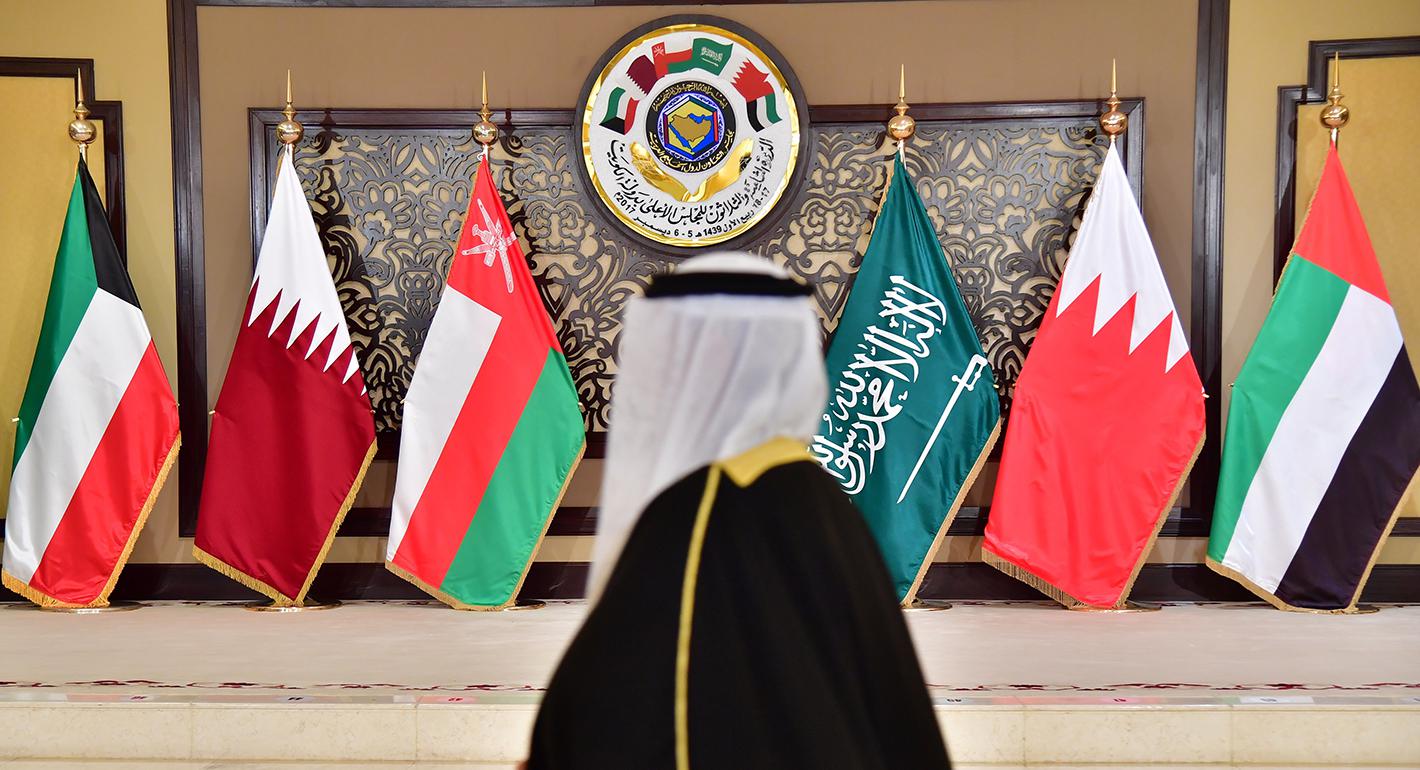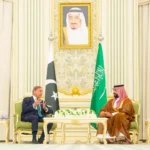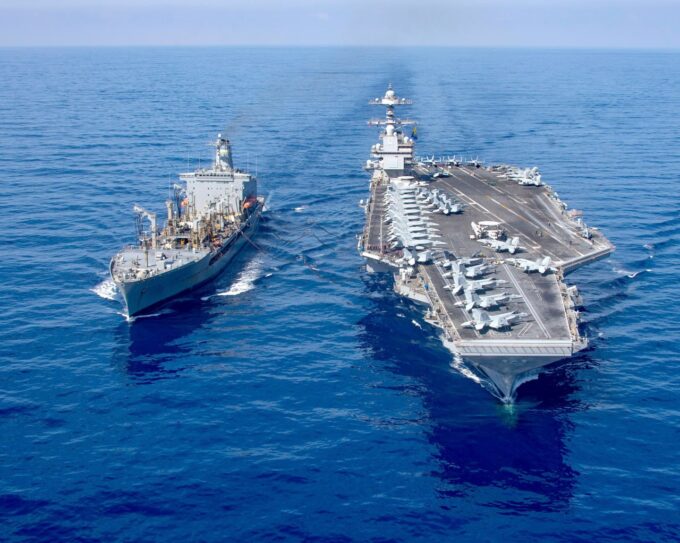The Gulf Cooperation Council (GCC) has announced sweeping new steps to strengthen collective defence, pledging to fast-track military integration, intelligence sharing, and joint exercises in the wake of Israel’s unprecedented strike on Qatar earlier this month. The decision reflects growing urgency among Gulf states to forge a unified “regional shield” against rising threats across the Middle East.
Meeting in Doha after an emergency Arab-Islamic summit, GCC officials unveiled a plan to unify intelligence operations through the council’s Unified Military Command, expand real-time information sharing, and establish a regional early-warning system to counter ballistic missiles. The six-member bloc — Bahrain, Kuwait, Oman, Qatar, Saudi Arabia, and the United Arab Emirates — said the system would allow all member states to share “the air situation” and respond more effectively to aerial and missile threats.
The measures also include joint command-centre drills to be held within three months, followed by live air defence exercises across Gulf states. Officials emphasized that these steps are part of a broader strategy to integrate military and intelligence frameworks across the region, creating what they described as a shield of “security, stability and safety” for all GCC members.
The push for defence integration comes just days after Israel targeted a Hamas delegation in Doha, where the group had been holding ceasefire talks. The strike killed five people, including the son of a senior Hamas leader, as well as a Qatari security officer. Qatar condemned the attack as an unprovoked violation of its sovereignty, while Hamas confirmed its senior leadership survived. GCC officials denounced the strike as a “dangerous and unacceptable provocation” that risks plunging the region into further instability.
All six Gulf states were represented at the Doha meeting, underscoring the gravity of the moment. Delegates included UAE Minister of State for Defence Affairs Mohammed Al Mazrouei, Bahrain’s Defence Minister Lt Gen Abdullah Al Nuaimi, Saudi Deputy Defence Minister Prince Abdulrahman bin Mohammed, Oman’s Defence Secretary General Mohammed Al Zaabi, Kuwait’s Defence Minister Sheikh Abdullah Ali Al Abdullah Al Sabah, and GCC Secretary-General Jasem Al Budaiwi. Their presence, Gulf diplomats said, highlighted an unusual degree of consensus among states that have often been divided by political rivalries.
While the GCC has repeatedly pledged military integration since its formation in 1981, progress has been slow due to divergent threat perceptions and competition among member states. Thursday’s agreement, however, was presented as a turning point, spurred by the urgency of Israel’s strike on Qatari soil — a first of its kind. Analysts suggest the attack has created a shared sense of vulnerability across Gulf capitals, prompting them to accelerate steps long left on paper.
By moving to unify their defence structures, Gulf states are signalling both deterrence and resilience in the face of rising external threats. Whether the new commitments will translate into lasting military integration remains uncertain, but the scale of the pledges suggests the GCC is entering a new phase of collective security cooperation.












Leave a comment